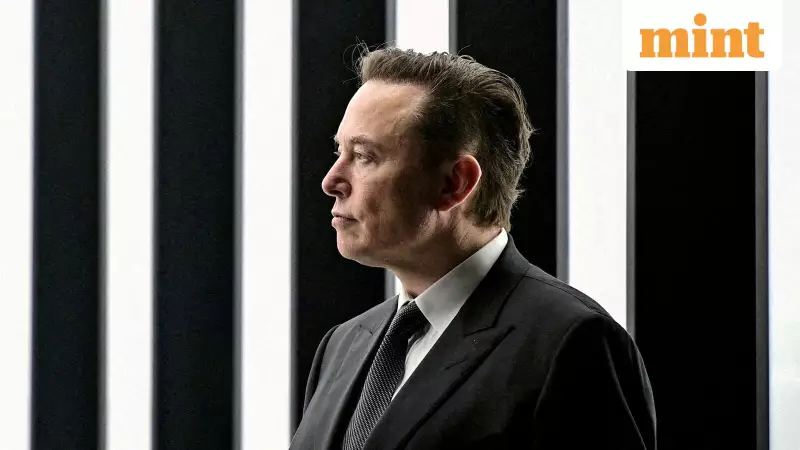
The approval of Elon Musk's staggering $1 trillion performance-based compensation package by Tesla shareholders has ignited a global conversation about executive pay, corporate governance, and economic inequality. This unprecedented pay deal, approved by 75% of Tesla shareholders, places fresh scrutiny on whether society should intervene to limit excessive executive compensation.
The Stratospheric Tesla Compensation Package
Elon Musk, the 55-year-old world's richest man with an estimated net worth of $480 billion, could become the planet's first trillionaire if he meets Tesla's ambitious performance targets. The compensation package consists of 424 million restricted stock units that will accrue in 12 separate tranches, each unlocking when Tesla reaches specific market capitalization milestones ranging from $2 trillion to $8.5 trillion.
To earn his complete pay package, Musk must deliver extraordinary operational results: producing 20 million vehicles over 10 years, deploying 1 million robotaxis, manufacturing 1 million humanoid robots, achieving 10 million active full self-driving subscriptions, and reaching $400 billion in trailing EBITDA. This comes after a Delaware court struck down an earlier $56 billion compensation plan from 2018 due to procedural issues.
Global CEO Pay Ratios: India's Stark Reality
The discussion around Musk's compensation brings attention to executive pay ratios worldwide. In the United States, the ratio of median Fortune 500 CEO compensation to median worker pay has remained around 200:1 for two decades, though companies like McDonald's show ratios as high as 2,000:1.
In India, the situation presents even starker contrasts. The median compensation for Nifty 50 CEOs stands at ₹22.6 crore ($2.6 million), creating a pay ratio of 700:1 compared to median workers in the formal sector. The highest-paid Indian CEOs earn between $15-20 million annually (₹100-150 crore), with over two-thirds typically coming from equity-linked compensation, similar to US practices.
These figures only account for the formal workforce. When compared to India's vast informal sector, where millions work in subsistence-level jobs, the compensation ratios become dramatically higher, highlighting significant economic disparities.
Should Society Intervene in Executive Compensation?
The fundamental question emerging from these astronomical pay packages is whether society has a role in moderating compensation differences. On one hand, if shareholders—as company owners—choose to authorize substantial equity-based compensation, particularly for driving transformative innovation, should external parties object?
On the other hand, extraordinary executive rewards raise concerns about fairness and broad-based prosperity. When companies endow individuals with compensation packages that seem superhuman, does it distort societal perceptions of value and contribution? More importantly, what does such extreme inequality mean for social harmony and equal opportunity?
Political philosopher John Rawls provides a framework for considering this issue, suggesting that inequality is acceptable only if it maximally benefits the least advantaged and everyone has equal opportunity to advance. This perspective challenges societies to examine whether current compensation structures meet these criteria.
Potential Solutions for India's Compensation Challenge
For India specifically, addressing the CEO-worker pay gap requires multi-faceted approaches. The United States mandates that companies disclose their CEO-to-median-worker pay ratios, a transparency measure India could implement to foster greater awareness and accountability.
The most sustainable solution for reducing India's compensation ratios lies in elevating median worker earnings. This necessitates substantial investments in skill development and productivity enhancement programs that enable workers to command higher real wages. By focusing on improving worker capabilities and compensation rather than simply limiting executive pay, India can work toward creating the fair, meritocratic society that supports long-term economic harmony.
As the debate around Elon Musk's trillion-dollar package continues, it serves as a crucial reminder that corporate compensation structures have profound implications for societal equality and economic justice worldwide, with particular relevance for emerging economies like India navigating their path toward balanced prosperity.






